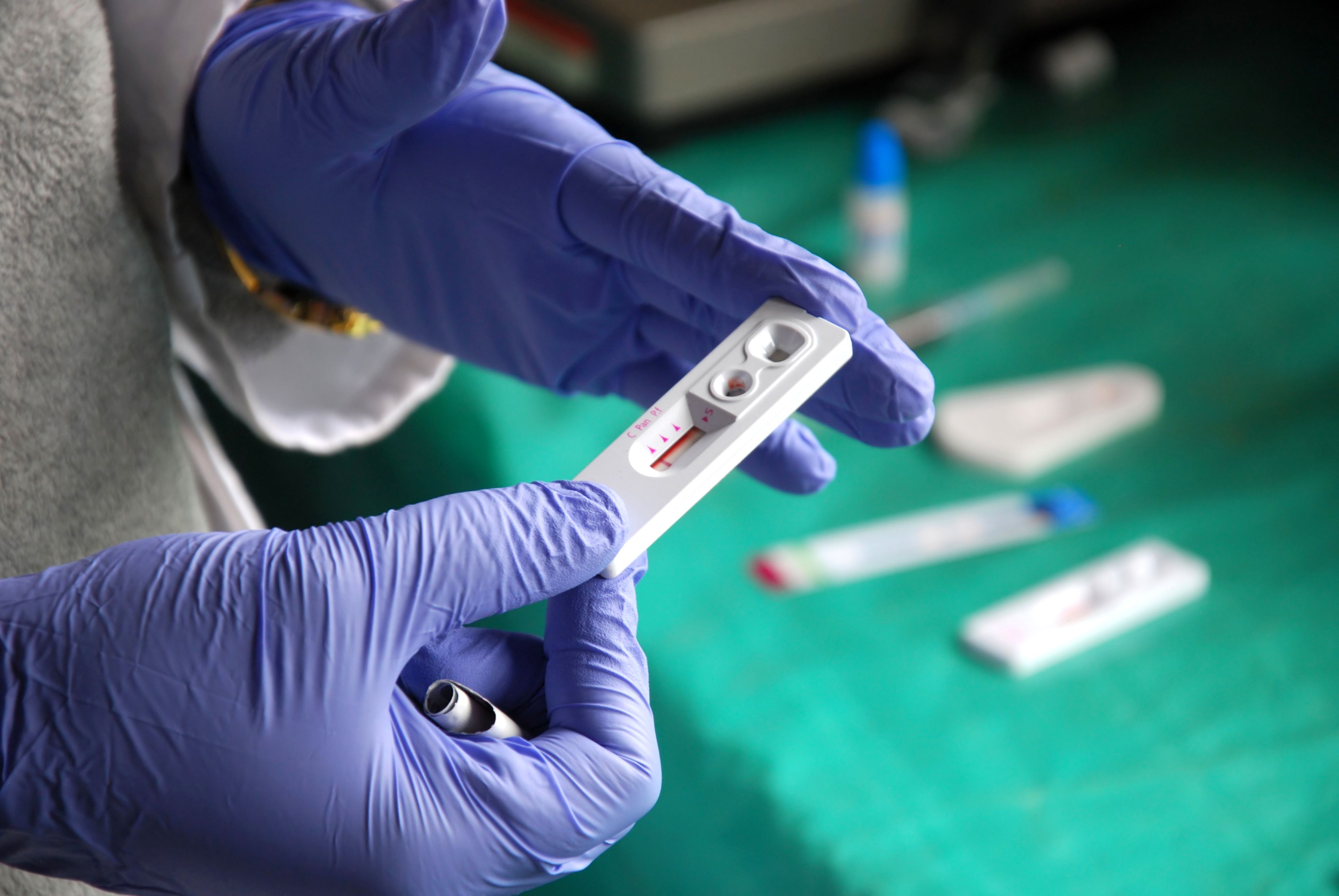Article
NIH-Developed Immunotoxin Shown Effective in Targeting HIV-Infected Cells
Author(s):
An immunotoxin code-named 3B3-PE38 may help shut down HIV-infected cells, according to researchers reporting results of a trial in 40 humanized mice.
An immunotoxin code-named 3B3-PE38 may help shut down HIV-infected cells, according to researchers reporting results of a trial in 40 humanized mice.
A team of investigators affiliated with the University of North Carolina and the National Institutes of Health (NIH) have demonstrated the efficacy of an HIV-specific poison that targets HIV-infected cells in mice.
The medication, first developed in 1998 in NIH laboratories by Edward A. Berger, PhD, and Ira Pastan, PhD, is an immunotoxin known by the code name 3B3-PE38. Researchers believe the medication could be used in combination with antiretroviral therapy to reduce the rate of HIV virus replication.
In the experiment, 40 humanized mice infected with HIV were given a combination of antiretroviral drugs while half of the animals were also given 3B3-PE38. The mice that received 3B3-PE38 showed significantly reduced levels of HIV-producing cells and reduced viral levels in blood compared with the group that received antiretrovirals alone. 3B3-PE38 is a modified bacterial toxin that works by downregulating protein synthesis, which triggers apoptosis in targeted cells.
The new research offers hope to patients with HIV as a potential component of future HIV treatment strategies.
Newsletter
Stay informed on drug updates, treatment guidelines, and pharmacy practice trends—subscribe to Pharmacy Times for weekly clinical insights.






